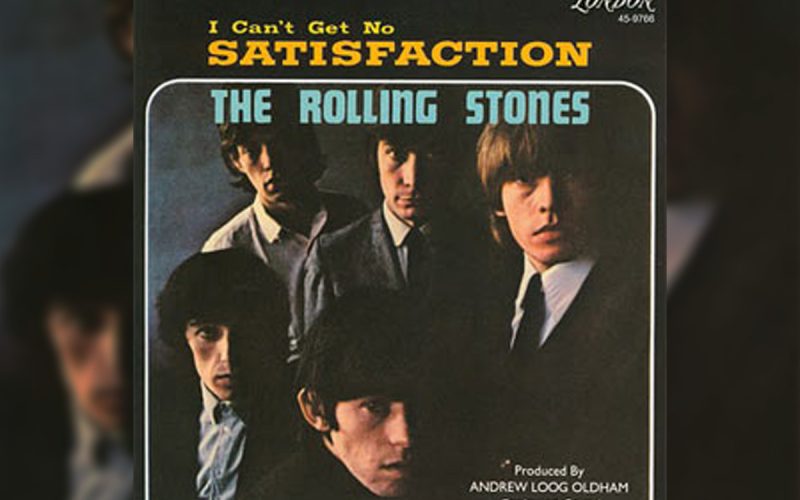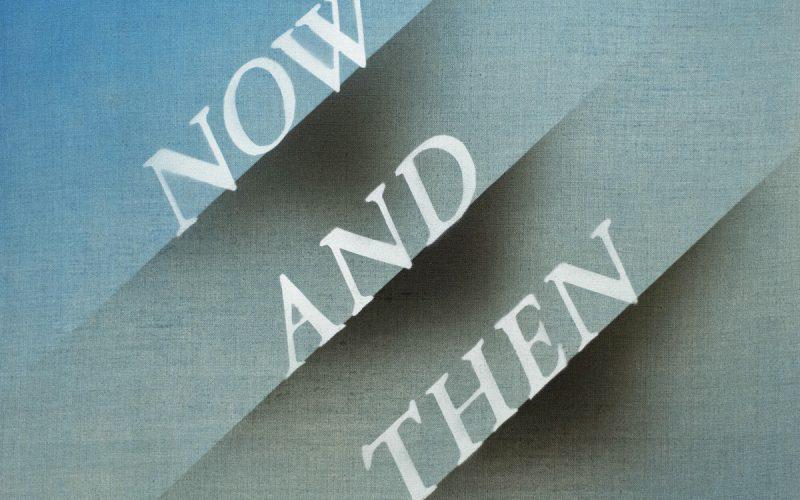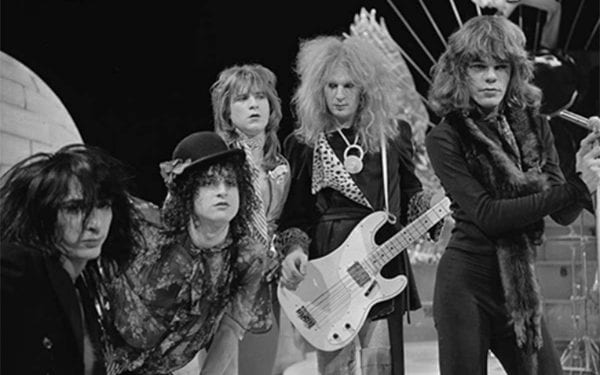
If you get to talking with the great songwriters, you’ll notice a common thread, a connecting theme, and you’ll hear it over and over.
They generally have no idea where their songs come from.
In 1965, a 21-year-old guitarist in a London band supersized that notion when he wrote a guitar lick for the ages. In his sleep.
Luckily, he recorded it on his little Philips tape deck because he didn’t even recall having written it.
The story is legendary. One night, Keith Richards awoke, grabbed a nearby acoustic guitar, clicked on the cassette recorder, and wrote that lick and the title line to “(I Can’t Get No) Satisfaction,” which slingshotted The Rolling Stones from up-and-comers to superstars and became one of the most revered rock songs ever.
“On the tape you can hear me drop the pick,” Richards has related when describing what he heard on that cassette in the morning. It was maybe two minutes of him playing that lick on his acoustic guitar and then “snoring for the next forty minutes.” Keith thought it sounded pretty good — the lick, not the snoring — so he played it for his then-21-year-old songwriting partner, Stones frontman Mick Jagger. Richards had sleep-written the words “I can’t get no satisfaction” to go along with that riff, and Jagger took it from there.
Newsweek magazine would later claim that riff was “five notes that shook the world,” while E Street Band guitarist Little Steven (who famously moonlighted as Soprano’s consigliere Silvio Dante) once called it “the riff heard round the world.”
Reports vary as to where Keith was when he wrote and recorded that riff, with most pointing at the Fort Harrison Hotel in Clearwater, Florida. In his 2010 autobiography, Life, Richards wrote that he was in his flat on Carlton Hill in St. John’s Wood, London. He specifies in the book that Jagger wrote the lyrics by the hotel pool in Clearwater, four days before they took their first stab at it at the recording studios of Chicago’s celebrated label Chess Records. The track they laid down there on May 10, 1965, was later described in Blender as “a slab of down-home countrified rock with Bob Dylan–ish verses.”
With a break in their US tour, the Stones took another stab, an entirely different stab, at it on May 12 at RCA Studios, nestled into the hustle and bustle of Hollywood Boulevard in sunny SoCal. This stab stuck, becoming the version of “Satisfaction” that we all know.
Late drummer Charlie Watts sped up the tempo and Richards recorded that riff with a new-fangled Gibson Maestro FZ-1 Fuzz-Tone on his guitar. “We achieved a very interesting sound,” Keith told Blender. That “interesting sound” helped Gibson sell out of their Maestro FZ-1s by the end of the year.
Ironically, one of the song’s biggest detractors was the guy who wrote it. “If I’d had my way,” Richards has said, “‘Satisfaction’ would never have been released. The song was as basic as the hills, and I thought the fuzz-guitar thing was a bit of a gimmick.”
Richards’ wanted to redo the track yet again with a horn section playing that riff. Keith had thought of the fuzzed-out guitar line as nothing more than a placeholder when he recorded it in Hollywood, a way of mimicking the horn section he was hearing in his head. Sort of the way Otis Redding did it three months after The Stones’ version came out. “When I heard Otis do it with horns and everything,” Richards has recalled, “I thought, ‘Shit, that’s more what I had in mind.’”
You can hear Otis’ version below.
By the spring of 1965, The Rolling Stones had already scored two Top-10 hits in America, but they hadn’t really cracked the market yet. “Satisfaction” changed all that soon after it was released in the US on June 5, 1965. Popular and polarizing from the get-go, the kids loved it, the grown-ups not so much. Music critic Paul Gambaccini wrote that Jagger’s diatribe about unrequited lust and his annoyance with over commercialization was “truly threatening to an older audience.”
Within a month of its US release “Satisfaction” had gone Gold and toppled the Four Tops from the top of the charts; their first American #1 stayed there for a month. It ultimately went to #1 in nine countries, and by the end of the year Billboard ranked it the #3 song of 1965, ahead of Bob Dylan’s “Like A Rolling Stone” and The Beatles’ “Yesterday.”
Since then, VH1 has named “Satisfaction” the greatest rock song of all time and Rolling Stone once voted it the greatest pop single of the past quarter century.
“It was the song that really made The Rolling Stones, changed us from just another band into a huge, monster band,” Jagger has said. “It has a very catchy title. It has a very catchy guitar riff. It has a great guitar sound, which was original at that time. And it captures a spirit of the times.”
(I Can’t Get No) Satisfaction – Rolling Stones
(I Can’t Get No) Satisfaction – Otis Redding
Backstage Access:
It’s Only Rock ‘N’ Roll But I Like It











